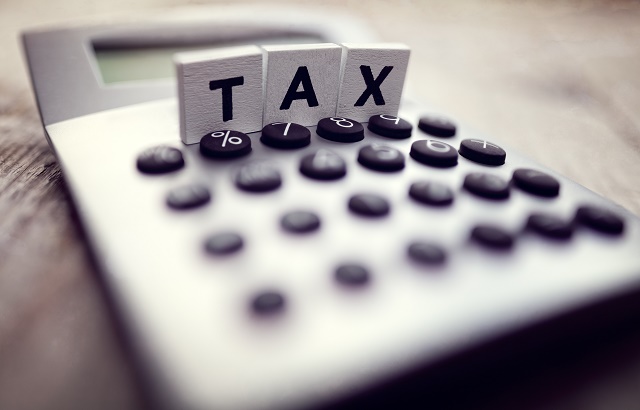The UK government has said the treasury select committee’s tax change recommendations “lean away from measures that would help to repair the public finances in the coming years”.
The committee had recommended a number of changes to regimes including VAT, business taxation, income tax and NICs, pension tax relief, a one-off wealth tax as well as introduce a tax strategy in a report published in March 2021.
Jesse Norman, financial secretary to HM Treasury, said in response to the report: “Many of [the report’s] recommendations have implications for the fiscal position, and so any changes to these measures will need to be considered in the round and announced as part of the government’s wider tax, spending and fiscal strategy at future fiscal events.
“As the chancellor set out at the budget, the government must also consider its approach to returning the public finances to a sustainable position once a durable recovery is in place. In that vein, whilst the government appreciates the committee’s detailed analysis and engagement on tax policy, I note that the balance of recommendations in the report leans away from measures that would help to repair the public finances in the coming years.”
Norman added that the UK government’s decision to increase the income tax personal allowance in 2021–22 and subsequently freeze it until April 2026 – alongside freezes to the inheritance tax, pensions lifetime allowance and capital gains tax annual exempt amount – “is a progressive and fair way to fund public services and rebuild the public finances”.
‘Disappointed’
The select committee said it “disputes the financial secretary’s statement […] and is disappointed with this observation”.
Mel Stride, chair of the treasury select committee, added: “Our inquiry was a thorough look at the tax system and an appraisal of how it could be reformed to raise money and improve the economic efficiency of the tax system.
“Whilst the committee does appreciate the difficulty in pre-announcing tax policy, it is disappointing that the government has rejected our recommendations to improve the approach to tax strategy, when the evidence was overwhelmingly in favour.”
Myron Jobson, personal finance campaigner at Interactive Investor, said: “While changes to the tax regime were always unlikely to be made outside a budget statement, the government’s wishy-washy response to the treasury committee’s recommendations illustrates just how delicate the situation is.
“Taxes are, and will always be, a political hot potato, and while the modest increase in corporation tax will help to chip away at the colossal bill for covid-19 support measures, it is only a matter of time before the need to balance the books will hit our back pockets – particularly as wage rises drag people over frozen income tax thresholds.
“It is important to consider recent as well as potential changes to the tax regime now and how you can mitigate some of the adverse effects. Making full use of the different tax reliefs – on pensions, Isa allowance and capital gains tax for example – while they are still available, is key.”
Potential pension tax changes
One of the recommendations from the committee featured pension tax, and the UK government looks open to make changes in this area sometime in the future.
It said in the report: “As the committee is aware, the 2015 consultation on pensions tax indicated no clear consensus for reform.
“Changes to pensions tax relief in recent years have aimed to strike a balance between allowing the vast majority of savers to make significant tax-free pension savings and targeting incentives to save on those who most need government support to save for retirement.
“Altering this balance could have profound and far-reaching impacts and so, while all tax reliefs are kept under review, more radical changes to pensions tax relief would require careful consideration. The government has made a number of changes in recent years to ensure pensions tax relief continues to be fairly distributed.
“The government is analysing the responses to last year’s call for evidence on pensions tax relief administration in line with its manifesto commitment to review comprehensively the differing outcomes for low earners between the two main methods of providing pensions tax relief.”
‘Possibility’
Becky O’Connor, head of pensions and savings at Interactive Investor, said: “The tone of the government’s response to recommendations for major tax reform was: ‘We’re on the case’.
“The response highlights the measures the treasury has already taken to support the public finances, including freezing tax thresholds such as income tax and the lifetime allowance for pensions, which it said were ‘progressive and fair’ measures. It also states that recovery rather than reform is its main priority.
“On pension tax relief, the response suggests that no sweeping changes are imminent but that the possibility of reform would be kept under review. The government stated that even small changes could have a ‘profound’ impact, so radical changes to pension tax relief would require ‘careful consideration’.
“For people planning how to invest for retirement, no news is good news here – for now. Stability of pension policies has been sorely lacking in recent years, so in some respects, further tinkering is the last thing anyone wants.
“However, reform is still on the table – and it’s important for the government to consider whether pension tax relief is incentivising those who need most encouragement.”








